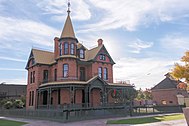Electrician in Dewey
Electrician Dewey
The wiring in older homes may have frayed insulation and exposed wires. Old insulation is subject to damage due to normal wear and temperature fluctuations. Exposed wires may contact other conductors, resulting in a short circuit. The danger is immediate: electrical shocks and house fires can occur. Luckily, repairing frayed wiring is relatively inexpensive. In many cases, a qualified handyman can fix smaller areas of frayed wire and replace large sections with new wires.
Electrician in Dewey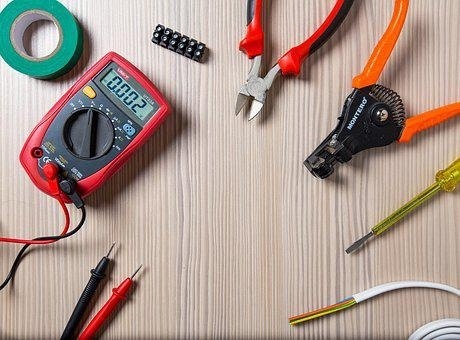
Electricians Dewey
Energy-efficient circuit breaker panels. Buying a new electrical panel can save you money in the long run. These panels are designed to channel power more efficiently, saving you anywhere from 10 to 30 percent of your monthly usage. They also ensure the safety of expensive electronics and appliances. And when you install a new electrical panel, you'll be sure to have a safe, more reliable power source for years to come.
Electrician in Dewey
Recommendations can be a great way to locate a trustworthy electrician when you are searching for one. Trustworthy sources will recommend the best electricians for your home, office or commercial property. Ask your friends and family about their experiences with electricians. Researching electricians online is a great idea, since you never know what might be out there.
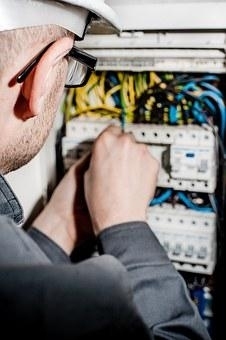
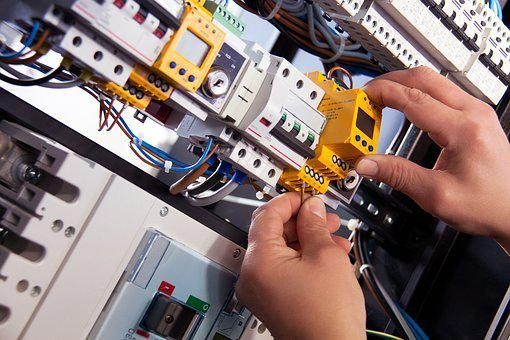
Electricians Dewey
California requires that electricians have a license from Department of Consumer Affairs in order to work. C-10 electricians require a license for projects worth $500 or more. A license holder must be at least 4 years old and have passed a trade and legal exam. You can also check the Colorado Electrical Board to find out if an electrician is licensed. Visit the Colorado Electrical Board to verify their credentials.
Dewey Electrician
An electrician's job is to install, maintain, and repair electrical systems. This includes lighting and wiring systems. Additionally to wiring, electricians can also install telephone lines, intercom systems, street lights, and electrical control system. An electrician may also use various hand tools or test equipment to find and fix problems with equipment. They can also inspect, maintain and repair electrical systems and equipment.
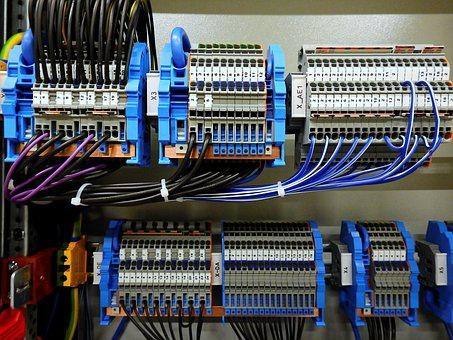
Electrician Dewey AZ
A master license in electrical engineering requires that an electrician has at least two years' experience on the job. This program typically takes between four and five years. Apprentices must be at minimum 18 years of age to qualify. Apprentices must have passed an aptitude test and completed algebra in high school. Apprentices also need to pass a drug or alcohol screening. An apprentice must pass a criminal background screening and drug and alcohol testing if he or she is to be licensed.
Electricians Dewey Arizona
It is crucial to check the credentials of the electrician you are considering hiring. This article will discuss the qualifications and certifications of an electrician. We also discuss how to get a detailed quote. Find out how to interview an electrician, and what their experience is. You'll be well on the way to finding a qualified electrician by following these tips.
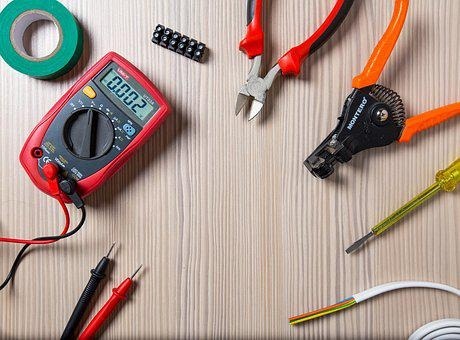
About Phoenix AZ
Phoenix, Arizona
|
Phoenix, Arizona
|
|
|---|---|
| City of Phoenix | |
|
Clockwise, from the top: Downtown Phoenix, St. Mary's Basilica, Rosson House, Mystery Castle, Camelback Mountain, Arizona State Capitol, Arizona Science Center, Chase Tower, and the Papago Park
|
|
|
|
|
| Nickname(s):
"Valley of the Sun", "The Valley"
|
|

Interactive map of Phoenix
|
|
Coordinates:  33°26′54″N 112°04′26″WCoordinates: 33°26′54″N 112°04′26″WCoordinates:  33°26′54″N 112°04′26″W 33°26′54″N 112°04′26″W |
|
| Country | United States |
| State | Arizona |
| County | Maricopa |
| Settled | 1867 |
| Incorporated | February 25, 1881 |
| Founded by | Jack Swilling |
| Named for | Phoenix, mythical creature |
| Government | |
| • Type | Council-Manager |
| • Body | Phoenix City Council |
| • Mayor | Kate Gallego (D) |
| Area | |
| • State Capital | 519.28 sq mi (1,344.94 km2) |
| • Land | 518.27 sq mi (1,342.30 km2) |
| • Water | 1.02 sq mi (2.63 km2) |
| Elevation | 1,086 ft (331 m) |
| Population
(2020)
|
|
| • State Capital | 1,608,139 |
| • Estimate
(2021)[3]
|
1,624,569 |
| • Rank | 5th in the United States 1st in Arizona |
| • Density | 3,102.92/sq mi (1,198.04/km2) |
| • Metro | 4,845,832 (11th) |
| Demonym | Phoenician |
| Time zone | UTC−07:00 (MST (no DST)) |
| ZIP Codes |
85001–85099
|
| Area codes | |
| FIPS code | 04-55000 |
| GNIS ID(s) | 44784, 2411414 |
| Major airport | Phoenix Sky Harbor International Airport |
| Secondary Airports | Deer Valley Airport Phoenix–Mesa Gateway Airport |
| Interstates | |
| U.S. Highways | |
| State Routes | |
| Public transportation | Valley Metro |
| Website | www |
Phoenix (/ˈfiːnɪks/ FEE-niks; Navajo: Hoozdo; Spanish: Fénix or Fínix,[citation needed] Walapai: Banyà:nyuwá[5]) is the capital and most populous city of the U.S. state of Arizona, with 1,608,139 residents as of 2020.[6] It is the fifth-most populous city in the United States,[7] and one of only two U.S. state capitals with a population of more than one million residents, along with Austin, Texas.[8][9][10]
Phoenix is the anchor of the Phoenix metropolitan area, also known as the Valley of the Sun, which in turn is part of the Salt River Valley. The metropolitan area is the 11th largest by population in the United States, with approximately 4.85 million people as of 2020.[9] Phoenix, the seat of Maricopa County, has the largest area of all cities in Arizona, with an area of 517.9 square miles (1,341 km2), and is also the 11th largest city by area in the United States.[11] It is the largest metropolitan area, both by population and size, of the Arizona Sun Corridor megaregion.
Phoenix was settled in 1867 as an agricultural community near the confluence of the Salt and Gila Rivers and was incorporated as a city in 1881. It became the capital of Arizona Territory in 1889.[12] It is in the northeastern reaches of the Sonoran Desert and has a hot desert climate.[13][14] Despite this, its canal system led to a thriving farming community with the original settlers' crops remaining important parts of the Phoenix economy for decades, such as alfalfa, cotton, citrus, and hay.[15][16] Cotton, cattle, citrus, climate, and copper were known locally as the "Five C's" anchoring Phoenix's economy. These remained the driving forces of the city until after World War II, when high-tech companies began to move into the valley and air conditioning made Phoenix's hot summers more bearable.[17]
The city averaged a four percent annual population growth rate over a 40-year period from the mid-1960s to the mid-2000s.[18] This growth rate slowed during the Great Recession of 2007–09, and has rebounded slowly.[19] Phoenix is the cultural center of the state of Arizona.[20] Phoenix is also majority minority, with 42.6% of its population identifying as Hispanic and 42.5% as "white" in the 2020 census.[21]




